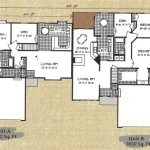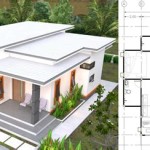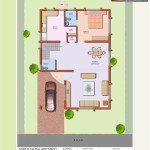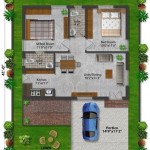Floor Plans For My Home: Essential Aspects to Consider
Designing a floor plan for your home is a crucial step that sets the foundation for the functionality, comfort, and overall ambiance of your living space. To ensure a successful outcome, it's essential to carefully consider several key aspects:
1. Functionality and Flow
The floor plan should prioritize functionality by creating seamless connections between rooms and allowing for efficient movement. Consider the natural flow of daily activities, such as moving from the kitchen to the dining area or from the bedrooms to the bathrooms. Avoid creating dead-end spaces or bottlenecks that hinder accessibility.
2. Room Size and Proportions
Determine the appropriate size and proportions for each room based on its intended purpose. The living room, for example, should accommodate furniture and provide ample space for entertaining or relaxing. Consider the dimensions of furnishings and ensure there is sufficient space for movement without feeling cramped.
3. Natural Light and Ventilation
Natural light enhances the ambiance and reduces energy consumption. Orient the floor plan to maximize natural light penetration. Plan for windows and skylights to bring in ample daylight and promote cross-ventilation. Proper air circulation is essential for a healthy indoor environment.
4. Storage and Organization
Incorporate ample storage solutions into the floor plan. Consider built-in cabinets, closets, and drawers to keep belongings organized and minimize clutter. Designate specific areas for storage to avoid items being scattered throughout the home.
5. Privacy and Accessibility
Design the floor plan to balance privacy and accessibility. Separate public areas, such as the living room and dining room, from private areas, such as bedrooms and bathrooms. Consider the needs of all household members and ensure that everyone has access to essential amenities.
6. Outdoor Integration
If the home includes outdoor space, such as a patio or balcony, integrate it seamlessly with the floor plan. Plan for access to the outdoors from multiple rooms and create a cohesive transition between indoor and outdoor living areas.
7. Architectural Style and Aesthetics
The floor plan should complement the architectural style of the home. Consider the overall design aesthetic and choose a layout that enhances the desired ambiance. From traditional to modern or eclectic, the floor plan should reflect the unique character of the home.
8. Future Considerations
Design the floor plan with adaptability in mind. Consider how the home's layout might need to change in the future, such as accommodating additional family members or altering room usage. Plan for flexibility to allow for modifications without major renovations.
9. Professional Consultation
Consider consulting with an experienced architect or interior designer to assist with the floor plan. They can provide professional guidance, ensure building codes are met, and offer innovative design solutions to meet your specific needs and preferences.
By carefully considering these essential aspects, you can create a floor plan that optimizes functionality, enhances comfort, and creates a home that truly meets your lifestyle and aspirations.

House Plans How To Design Your Home Plan

Where You Can Buy House Plans Live Home 3d

View Plans House Floor How To Plan

My Dream Home Free Design 3d Floor Plans By Planner 5d

House Plans How To Design Your Home Plan

How To Read A Floor Plan With Dimensions Houseplans Blog Com

My Home Free Design 3d House Floor Plans By Planner 5d

House Plan Free Architecture Design Naksha Images 3d Floor Make My Completed Project Plans Home Duplex

28 30x50 House Plans Ideas N

House Plans How To Design Your Home Plan








